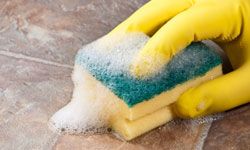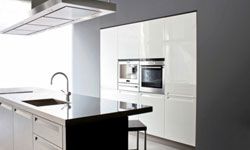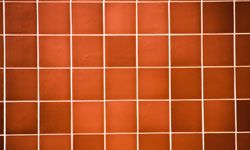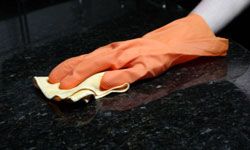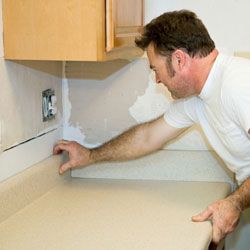There's no single, one-size-fits-all tip for cleaning countertops. Regardless if your countertops are made from granite, acrylic, laminate or any other material, they should be able to withstand all spills -- no matter how big or small they may be.
Always inquire about a countertop's level of maintenance before you put on the rubber gloves to clean up a spill. Every surface is different, and some materials can withstand kitchen mishaps better than others. Even if you're a world-class chef, your countertops are bound to take a little abuse, but do you know how to return each surface back to its original splendor? These cleaning tips will ensure that your countertops will sparkle and shine for many years to come.
Advertisement
